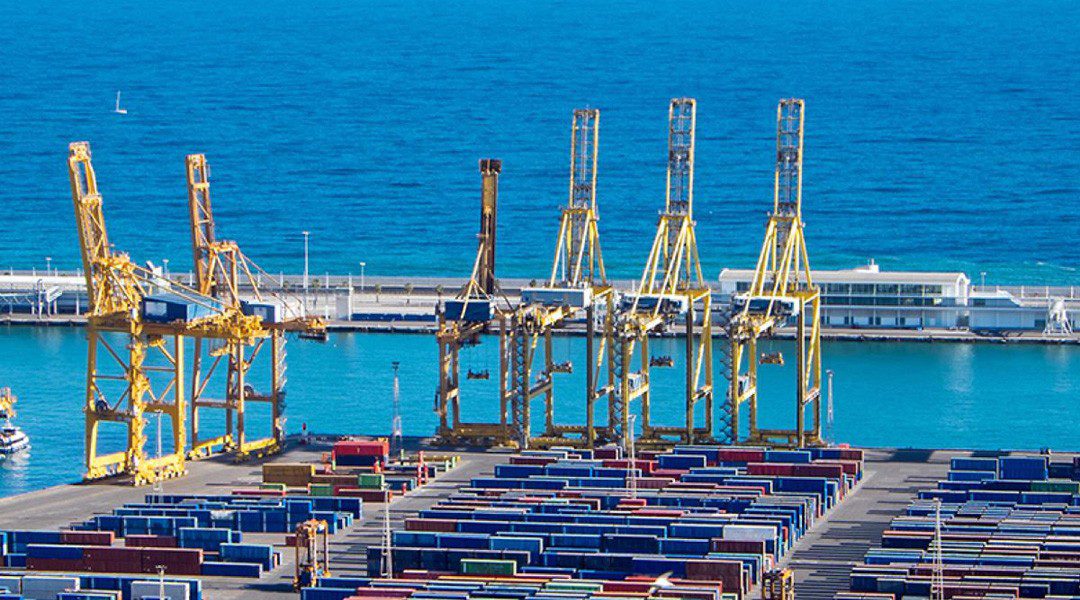China Energy Investment Corp has placed an order to import Australian coal, three sources familiar with the matter said on Friday, in one of the first deals since Beijing eased an unofficial ban imposed on coal imports from Australia in 2020.
The move comes as relations between Beijing and Canberra are thawing, and as China is trying to meet growing demand for coal because of higher power consumption following the easing of coronavirus-related restrictions.
China Energy’s cargo is likely to be loaded before the end of this month, the sources said, without providing further details. The sources declined to be identified as they are not authorized to speak to the media.
China Energy did not immediately respond to a request seeking comment. The company has so far only ordered thermal coal – typically used in power plants, two of the sources said.
Australia was China’s second-largest coal supplier before the unofficial ban, which came into force as diplomatic ties broke down in 2020. Coal cargoes shipped from Australia to China, which had accounted for nearly a quarter of all Australian coal supplies in 2019, fell to nearly zero in 2021 and 2022.
Japan, India and European countries gained at China’s expense, boosting imports from Australia. China increased shipments from Indonesia in 2021 and Russia in 2022, data from consultancy Kpler showed.
Australia supplied 36.5% of Japan’s coal imports in 2022, up from 27.6% in 2019. India’s share of Australian coal increased to 15.7% in 2022 from 12.3%, while Europe’s share increased to 8% from 4.6%, the Kpler data showed.
IMPACT OF TRADE RESUMPTION
While China is now expected to start buying Australian coal, the move may not immediately alter trade routes that have evolved following the unofficial ban on coal, traders and consumers say.
An official at a Chinese state-run utility said power plants in China did not have much appetite for Australian cargoes of thermal coal, since they typically consume coal with lower heating values and power plant inventories are high.
“Australian thermal coal is of better quality and is expensive. Chinese utilities may hence be less keen to buy,” the official said.
The move is also expected to have a limited impact on Japanese utilities as they traditionally rely on higher quality Australian thermal coal, while Chinese buyers opt for lower quality fuel, a source at a Japanese coal supplier said.
There will be little difference in Japanese steelmakers’ purchases of Australian coking coal, the source said.
“It (easing of the ban) will not force Japanese steelmakers to look for alternatives as they have secured the necessary supplies by term contracts,” the source said.
Global prices of both coking and thermal coal shot up after Russia’s invasion of Ukraine last year. Major buyers such as China and India responded by boosting coal purchases from Russia, which offered steep discounts.
Analysts and traders expect the return of Australian coal to challenge the market share of suppliers such as Russia and add to pressure on prices in the longer term.
“Entry of Australian coal into Chinese markets could ease coking coal prices, which are currently on the higher side,” an Indian coal trader said.





